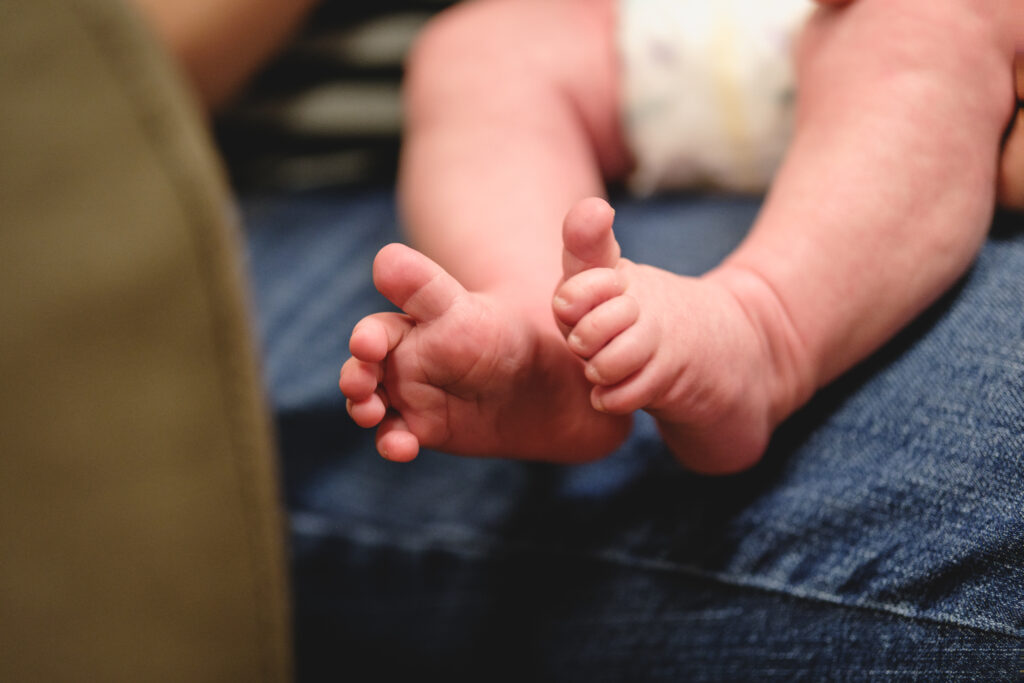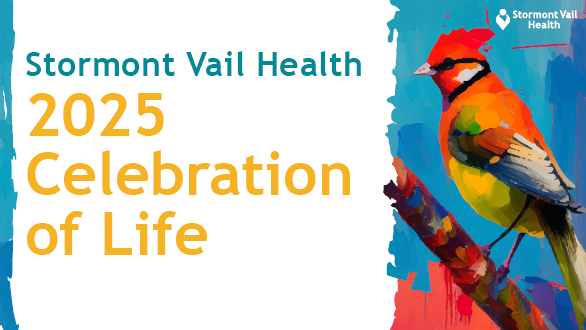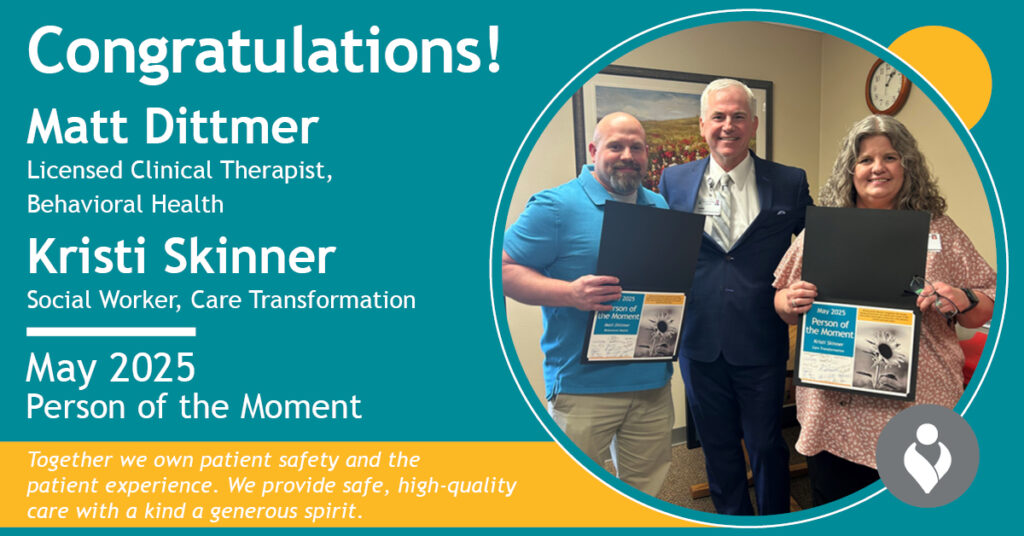Newsworthy
What Is BIPOC Mental Health Month?
Black, Indigenous, and People of Color (BIPOC) Mental Health Month drives awareness of the unique mental health struggles people of color across the US face. This observance is particularly important in light of the COVID-19 pandemic, which exasperated marginalized groups’ ability to access mental health support.
Achieving health equity calls for healthcare organizations, lawmakers, and advocates to remove obstacles such as poverty, discrimination, and other social determinants of health. Stormont Vail Health recognizes the need for intentionality to ensure historically marginalized community members receive opportunities to thrive.
The Legacy of Bebe Moore Campbell
Bebe Moore Campbell was a celebrated author and advocate. Her tireless efforts helped establish BIPOC Mental Health Month, also known as National Minority Health Awareness Month.
As a lifelong outspoken proponent for improved mental health education and facilities in impoverished communities, she co-founded the National Alliance of Mental Illness with Linda Wharton-Boyd in Los Angeles, California, in 1968.
Campbell and Wharton-Boyd carried out various awareness initiatives, including a National Minority Mental Health Taskforce. As their efforts spread throughout the country, so did awareness, recognition, and support for their cause.
In 2005, Campbell and Wharton-Boyd developed the concept of National Minority Mental Health Awareness Month. Sadly, Campbell passed away soon after, but her legacy lives on with the official designation of July as BIPOC Mental Health Month.
BIPOC Mental Health Month Drives Awareness of Historically Marginalized Communities’ Challenges
Racial and ethnic minority groups make up nearly half of the country’s population. According to the 2020 Census, 49.6% of Americans identify as an ethnic or racial minority (alone or in combination). Of that total:
- 1% identify as some other race alone or in combination
- 2% identify as Black or African American alone or in combination
- 2% identify as two or more races
- 2% identify as Asian alone or in combination
- 9% identify as American Indian and Alaska Native alone or in combination
Overall, mental health conditions occur in Black and African American people experience mental health conditions at a similar rate to White people. However, the historically Black and African American experience is continually characterized by trauma and violence, which continues to affect emotional and mental health.
According to the Substance Abuse and Mental Health Services Administration’s 2018 National Survey on Drug Use and Health, 16% of Black and African American people reported mental illness. Within this group, 22.4% reported having a serious mental illness in the past year.
Likewise, 58.2% of Black and African American adults between 18 and 25 and 50.1% of adults between 26 and 49 with serious mental illness never received treatment. Several factors, including social determinants of health and systematic inequities, may contribute to this rate. However, distrust of medical systems can significantly affect people of color’s decision to seek mental health help.
Historical dehumanization, oppression, and violence against people of color have evolved into structural, institutional, and individual racism. This problem contributes to distinctively distrustful, less prosperous community experiences characterized by numerous inequities, such as limited access to healthcare. Because of these and other factors, mental health conditions among Black and African American people are more likely to be long-lasting and persistent, rather than intermittent.
Mental Health Resources & Support for Minority Groups
- Inclusive Therapists
- Therapy for Black Girls
- Therapy for Black Men
- The Loveland Foundation
- Innopsych
- Safe Black Space
- National Medical Association
- Lee Thompson Young Foundation
- National Black Nurses Association
- The Boris Lawrence Henson Foundation
- LGBTQ Psychotherapists of Color Directory
- Black Emotional and Mental Health (BEAM)
- Black and African American LGBTQ Youth Report
- National Queer and Trans Therapists of Color Network
- Psychology Today Directory of African American Therapists
Stormont Vail Health Supports Health Equity for All
Despite how common mental health conditions are, not everyone knows how to identify them or how to ask for or offer help. Observances like BIPOC Mental Health Month are key to changing that. In addition, healthcare organizations like Stormont Vail Health should continue to focus on diversity when hiring and retaining providers.
Building a provider workforce that reflects the communities healthcare organizations serve will nurture trust and enhance organization’s abilities to deliver culturally competent care. In a time when just 2% of American Psychological Association members identify as Black or African American, 16% of our behavioral health professionals identify with an ethnic or racial minority. Many of our behavioral health providers are accepting new patients in clinics throughout the region:
- Pir A. Shah, MD
- Boma I. Ugwu, MD
- Shakila Tanjim, MD
- Joy T. Hiramoto, MD
- Susan Z. Privoznik, APRN
- Angela K. Patterson-Tetuan, APRN
The Behavioral Health Care teams at Stormont Vail Health provide continued care, ranging from inpatient and outpatient treatments to children, teenagers, adults, and older adults. From short-term interventions to ongoing therapy, we’re committed to every patient’s long-term health and happiness.
You are never alone – call or text 988 if you or someone you know experience a mental health crisis.




